Glutathione For Skin Brightening: How It Works & How To Use It
An insight into the workings of this powerful antioxidant can help you achieve glowing skin.

Image: shutter stock
Most of us yearn for bright and glowing skin and have already tried the numerous skin care products available on the market, but in vain. However, you have a solution now – glutathione. This ingredient is widely used as a skin-brightening agent. While those who have used glutathione for skin brightening claim that it may help brighten the skin and reduce dark spots, research is insufficient regarding this.
If you have never heard of this name and want to know more about it, we can help. Keep reading to know more about glutathione, how it works for your skin, and the potential side effects.
 Know Your Ingredient: Glutathione
Know Your Ingredient: GlutathioneWhat Is It?
A naturally occurring tripeptide that is found in most lifeforms, including humans.
What Are Its Benefits?
It helps in cellular health maintenance and safeguards cells from oxidative stress.
Who Can Use It?
Anyone can take it except people who are on antipsychotic and/or chemotherapy medications.
How Often?
As a maintenance dose, you can take 500 mg daily.
Caution
Avoid taking glutathione if you are pregnant or breastfeeding. It may also trigger asthma attacks, macular erythema, red spots, or tiredness in some people.
In This Article
What Is Glutathione?
Even though glutathione is one of the best antioxidants (substances that protect cells from damage caused by harmful molecules) of all time, it is still unknown to a large number of people. It is best known for helping brighten your skin and reducing the levels of melanin productioni Pigment responsible for hair, eye, and skin color, the production of which is affected by genetics. too (1). Doctors and dermatologists from all over the globe have often used glutathione during skin treatments and therapies. Most of the time it is used while manufacturing creams or skin-brightening tablets for consumption. You can get hold of them from the nearest dispensary or simply place your order online.
 Did You Know?
Did You Know?How Does It Work?
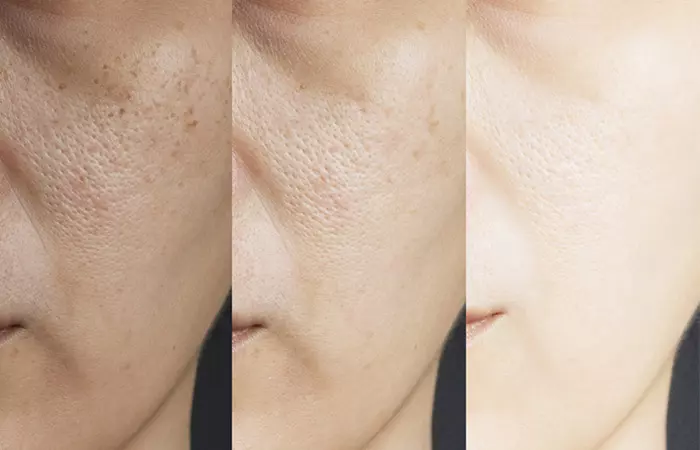
Glutathione contains amino acidsi Organic molecules that bond with protein, allow the body to break down food, repair tissue, and offer energy. in abundance (2). The best part about this antioxidant is that it is considered safe and doesn’t have any free radicals or toxins that could ruin your skin. In fact, it may help in cleansing your skin and removing all impurities, which helps make the skin appear brighter. Moreover, using glutathione may help reduce spots and hyperpigmentation levels (3). It helps in the activation of an enzyme (GSH transferase B) that plays an important role in detoxification (4). However, remember that the results may not be the same for everyone. It may vary from person to person. Further human studies are required to substantiate the claims.
Although there are a large number of products that help brighten your skin, it is best to go natural! As already discussed, glutathione contains amino acids that reduce side effects and keep your skin healthy and safe in the long run. However, remember that research is inadequate regarding the efficacy and potential side effects of glutathione. Therefore, do not take its supplement or use topical products containing glutathione without consulting a doctor.
Key Takeaways
- Glutathione contains amino acids that help you remove impurities and aid with complexion improvement.
- You may take glutathione supplements orally or moisturize with creams containing glutathione after consulting a doctor.
- Besides taking antioxidant supplements orally, there are also injections and soaps with glutathione that may help you achieve glowing skin.
- There is insufficient research regarding the efficacy of glutathione. Therefore, avoid self-medication to minimize the risk of unwanted side effects.
How Does Glutathione Help In Brightening Your Skin?

Here are a couple of points that will help you understand how glutathione helps in natural skin brightening. You can find additional explanations in the later sections of the article that will enhance your understanding.
- Glutathione is basically an antioxidant and is made of 3 amino acids namely cysteinei , glycinei and glutamic acidi which may help the skin.
- It may help protect your body from diseases and prevent toxins too. It also fights free radicals that cause skin pigmentation, blemishes, dark spots, and skin discoloration (1).
There is not enough evidence to confirm that glutathione effectively helps in skin brightening. While its mechanism suggests it could lighten skin, only three small studies have tested it, and their follow-up periods were short. The studies are as follows (3).
- A study conducted on 30 Filipino women tested the effectiveness of a 2% oxidized glutathione lotion for skin lightening. Participants applied the lotion twice daily for ten weeks, and results showed a significant reduction in skin melanin compared to a placebo.
- Another study in Thailand examined the effects of oral glutathione on skin tone in 60 medical students. Participants were divided into two groups, with one taking 500 mg of glutathione daily for four weeks, while the other received a placebo. The study found a consistent decrease in skin melanin at multiple sites in the glutathione group.
- A third study tested glutathione lozenges instead of capsules to improve absorption. The results showed a noticeable improvement in skin melanin levels. Researchers believe lozenges may offer better bioavailability than regular oral tablets or capsules, ensuring more effective skin-lightening benefits. However, more studies are needed to compare different forms of glutathione supplementation to determine the most effective method.
There is no scientific support for using intravenous glutathione. More large-scale, well-designed studies are needed to confirm the effectiveness and safety of different forms of glutathione for skin lightening and to understand its role in specific pigmentation disorders.
However, it may have some protective effects against skin aging and may help reduce freckles and age spots to some extent (1). They can be used as anti-aging supplements as well.
Isabella Bianca, a skin care vlogger, reveals the impact glutathione had on her skin: “I can see lots of difference in one week.” As a disclaimer, she adds, “Why I am getting this fast result is because I have already been taking glutathione before, and when I started taking it again, it worked faster. Do not think that if you are going to take glutathione for the first time, you will achieve this result in one week (i).”
Remember, always consult a doctor before taking glutathione supplementation to avoid any unwanted risks or side-effects. Keep reading to learn more.
How Does Glutathione Help In Brightening Your Skin?
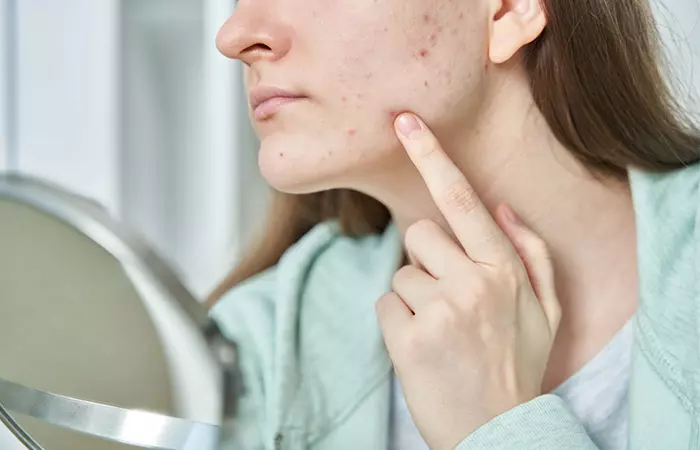
- You can take glutathione skin-brightening supplements given by your doctor or dermatologist.
- Moisturize your skin with the help of I-glutathione pills that will prevent the flaking of the skin.
- People usually take glutathione in the form of pills to brighten their skin. They are found in pharmacies and beauty shops. Four to six months of regular use may show effective results (3).
- Glutathione is not just available in the form of pills, but also as injections and beauty soaps. In fact, they have become quite popular in the market. They are loaded with vitamins, soya oil, proteins, and minerals that help in skin nourishment.
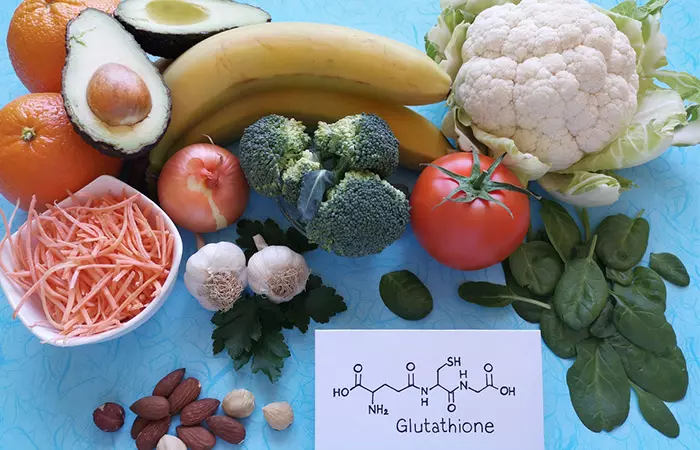
Taking glutathione isn’t enough to achieve a brighter skin tone; you must eat healthy too. Some fruits and veggies that you must include in your diet include asparagus, oranges, tomatoes, and avocados. These edibles will help in the maintenance of glutathione in your body (5). In addition, follow a healthy lifestyle, skin care practices (like using sunscreen daily), and dietary habits. However, there are chances that the results of glutathione treatment will be temporary if you do not take care of your skin properly.
However, there are more things to know about using glutathione for skin brightening. We know the results may not be the same for everyone but is it safe for everyone? Let us find that out.
Potential Side Effects Of Glutathione
Glutathione is generally considered safe. Although research is limited research on the side effects of using glutathione for skin brightening, there are a few concerns related to the safety of this ingredient. According to a study, it was found that glutathione may cause mild skin reactions like (1):
- Itching
- Swollen glands
- Fever
- Red spots on the skin
- Tiredness
Therefore, if you take glutathione and encounter any side effects, seek medical help as soon as possible to avoid further complications. People with sensitive skin should consult their doctor before using it. Also, avoid it if you are allergic to benzyl alcohol, a preservative found in glutathione supplements.
Interesting Facts
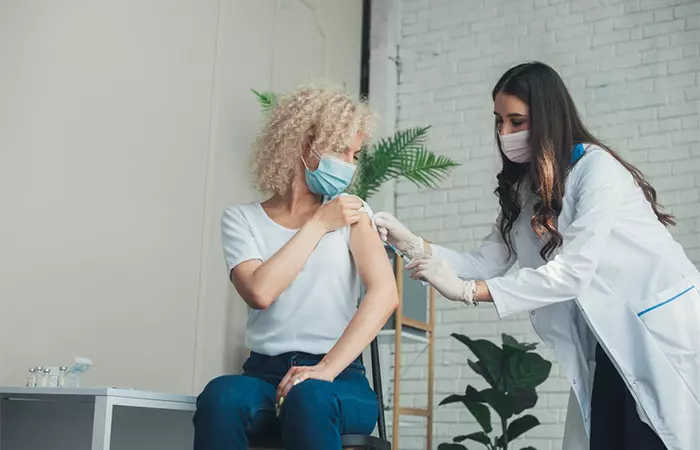
Glutathione is usually taken in the form of a pill that has become highly successful in Asian countries, especially in countries where people would like to have brighter skin. Even though it is pretty expensive, glutathione injections are quite popular as they significantly increase the bioavailability of glutathione. However, further research is warranted to establish this fact. It is important to take into consideration that though intravenous glutathione is considered to increase its efficacy, it can also pose the risk of overdosing and toxicity (3).
 Did You Know?
Did You Know?The Dilemma That Comes With Glutathione
The dilemma surrounding the use of glutathione for skin brightening is complex and multifaceted:
- Glutathione and the treatments are highly expensive, and not everyone can afford it. Nevertheless, their lotions and creams are still cheaper. However, it is important to note that the efficacy and safety of glutathione injections for skin brightening are still subjects of ongoing research and debate within the medical community.
- There are significant health and safety considerations to bear in mind when considering the use of glutathione injections. Injecting any substance into the body carries inherent risks, including the potential for allergic reactions, infections, and other adverse effects. Furthermore, the long-term consequences of using glutathione in this manner are not fully understood.
- It is necessary to emphasize that the use of glutathione for skin brightening should only be considered after thorough consultation with a qualified healthcare provider. Self-administration of glutathione injections or relying on unregulated products may lead to serious health complications and should be avoided.
Apart from these side effects, you may also experience a few unfavorable after-effects after stopping the intake of glutathione. Scroll down to learn about them.
What Happens When You Stop Taking Glutathione?
Glutathione is vital for detoxifying the body and keeping the skin healthy. According to anecdotal evidence, when you discontinue supplementation, it may lead to:
- Detoxification Impact: Your body’s detoxification system may be affected. Glutathione helps remove toxins, so stopping it can lead to toxin buildup, potentially causing skin issues and a less radiant complexion.
- Skin Changes: Your skin may become more vulnerable to damage from free radicals, potentially resulting in uneven skin tone and a loss of radiance.
To maintain optimal glutathione levels, you can rely on your body’s natural production, but it may not be as potent as supplementation. However, further research is needed to better understand the potential consequences of stopping glutathione supplementation, and individual responses may vary.
Infographic: What To Eat To Increase Glutathione Production In Your Body
Glutathione is an antioxidant that helps brighten your skin, get rid of impurities, reduce hyperpigmentation, and help with skin rejuvenation. Though people consume glutathione in the form of pills, you can try to increase its natural production in the body by consuming certain food items rich in amino acids.
Check out this infographic to learn about some skin-brightening foods that help to increase glutathione production in your body. Illustration: StyleCraze Design Team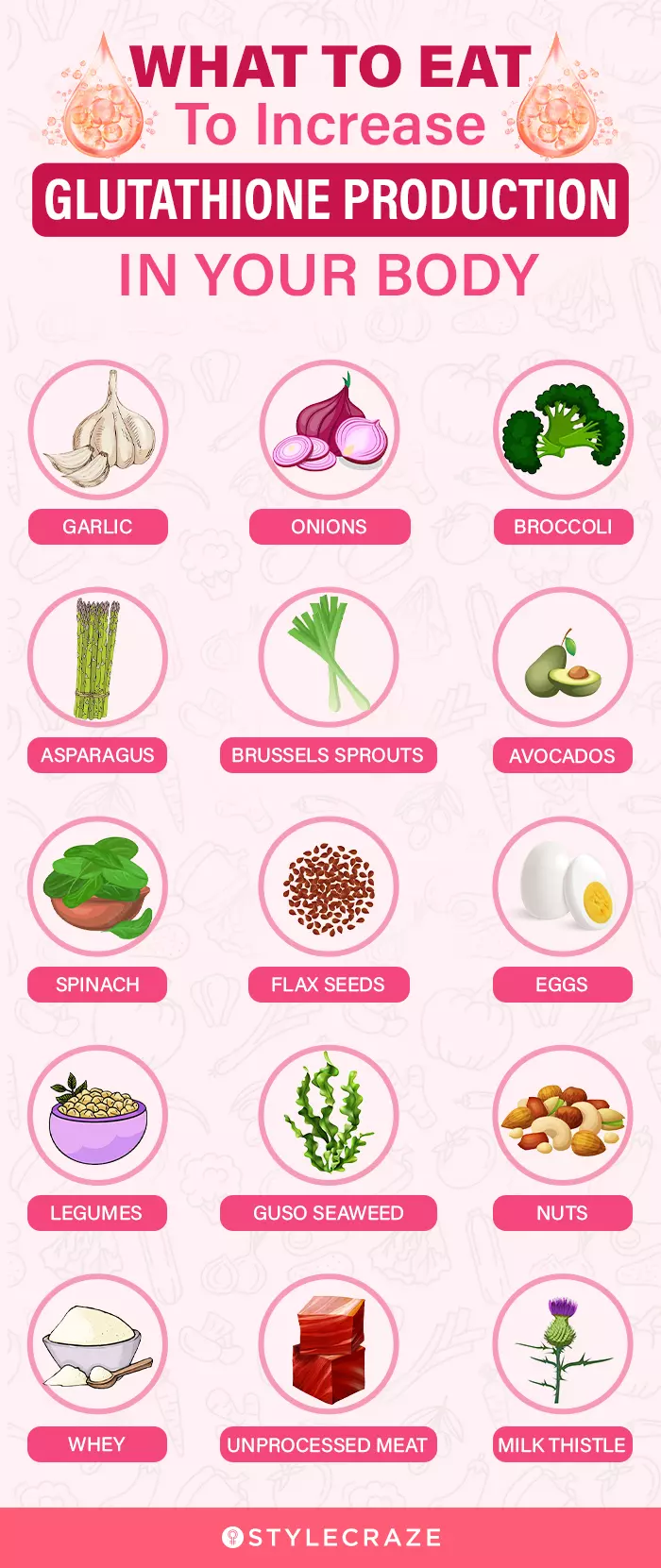
Glutathione is a popular antioxidant used by dermatologists for skin treatments all over the globe. It is also popularly used in creams or pills to help brighten the skin. Glutathione may protect the skin from toxins, prevent dark spots, and remove impurities, leaving you with brighter and glowing skin. Along with glutathione, eat a diet high in vegetables such as tomatoes and asparagus to help you achieve clearer and healthier skin. You can take glutathione for skin brightening in the form of pills or creams available online. Consult your dermatologist for the correct glutathione dosage and instructions.
Frequently Asked Questions
How long does it take glutathione to brighten skin?
It may take between 4 to 10 weeks of regular use for glutathione to show visible results (6). However, results may vary from person to person.
Is glutathione pill safe?
Yes, glutathione pills are considered safe for consumption in limited dosage. Consult your doctor for the appropriate dosage.
Will glutathione lighten my underarms?
Yes, glutathione is an antioxidant that may help lighten your underarm skin. Additionally, a healthy and balanced diet will also contribute to healthy skin.
How does glutathione compare to other skin whitening items?
Glutathione stands out as a skin whitening agent due to its antioxidant properties that help promote an even skin tone. Unlike harsher chemicals, it is considered gentler and offers additional health benefits like detoxification.
What are the recommended practices for using glutathione for skin lightening?
You should use glutathione consistently to notice a visible change in your skin complexion. You can try glutathione supplements or topical products and pair it with a healthy diet for best results. Combine it with vitamin C, stay hydrated, and avoid excessive sun exposure.
Illustration: Glutathione For Skin Brightening: How It Works & How To Use It
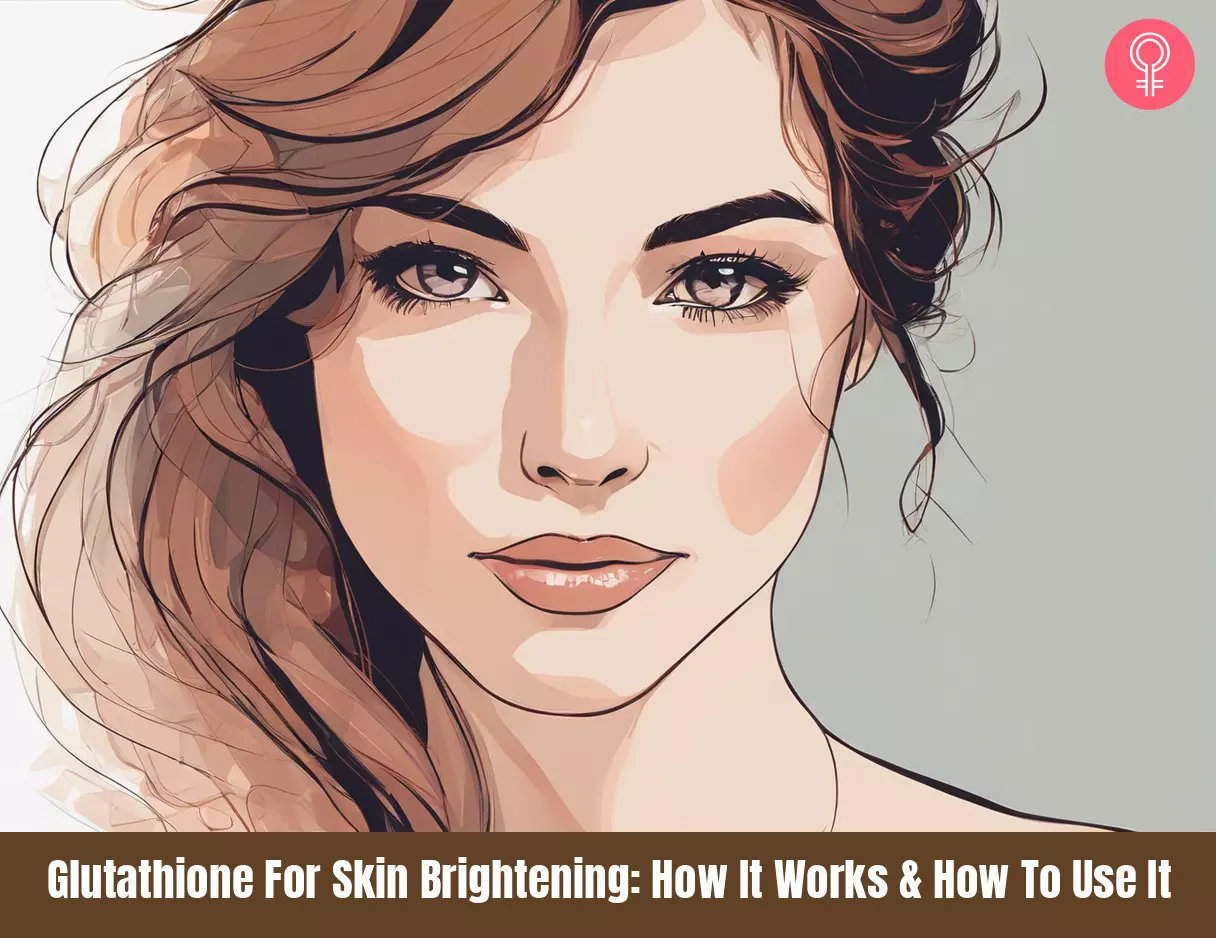
Image: Stable Diffusion/StyleCraze Design Team
In this video, a certified dermatologist answers the question: Is glutathione injection a permanent solution for instant skin brightening? And is it safe? Get the facts in this informative video!
Personal Experience: Source
StyleCraze's articles are interwoven with authentic personal narratives that provide depth and resonance to our content. Below are the sources of the personal accounts referenced in this article.
i. My Before And After 1 Week On Glutathione,1 Week On Glutathione(May 19- May 27)https://www.youtube.com/watch?v=l-3BGiQAkB4
References
Articles on StyleCraze are backed by verified information from peer-reviewed and academic research papers, reputed organizations, research institutions, and medical associations to ensure accuracy and relevance. Read our editorial policy to learn more.
- Glutathione and its antiaging and antimelanogenic effects
https://www.ncbi.nlm.nih.gov/pmc/articles/PMC5413479/ - Impact of Supplementary Amino Acids, Micronutrients, and Overall Diet on Glutathione Homeostasis
https://pmc.ncbi.nlm.nih.gov/articles/PMC6566166/ - Glutathione as a skin whitening agent: Facts myths evidence and controversies
https://ijdvl.com/glutathione-as-a-skin-whitening-agent-facts-myths-evidence-and-controversies/ - The role of glutathione in detoxication
https://pmc.ncbi.nlm.nih.gov/articles/PMC1569131/ - A Review of Dietary (Phyto)Nutrients for Glutathione Support
https://www.ncbi.nlm.nih.gov/pmc/articles/PMC6770193/ - Glutathione for skin lightening: a regnant myth or evidence-based verity?
https://www.ncbi.nlm.nih.gov/pmc/articles/PMC5808366/
Read full bio of Dr. Sonam Jeswani Ramrakhiani
Read full bio of Kushneet Kukreja
Read full bio of Anjali Sayee
Read full bio of Monomita Chakraborty








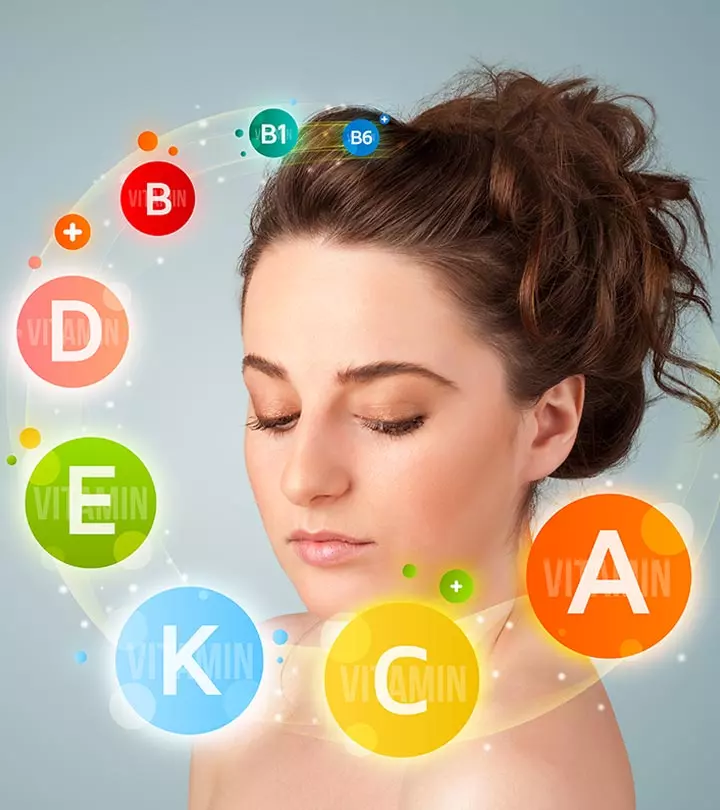

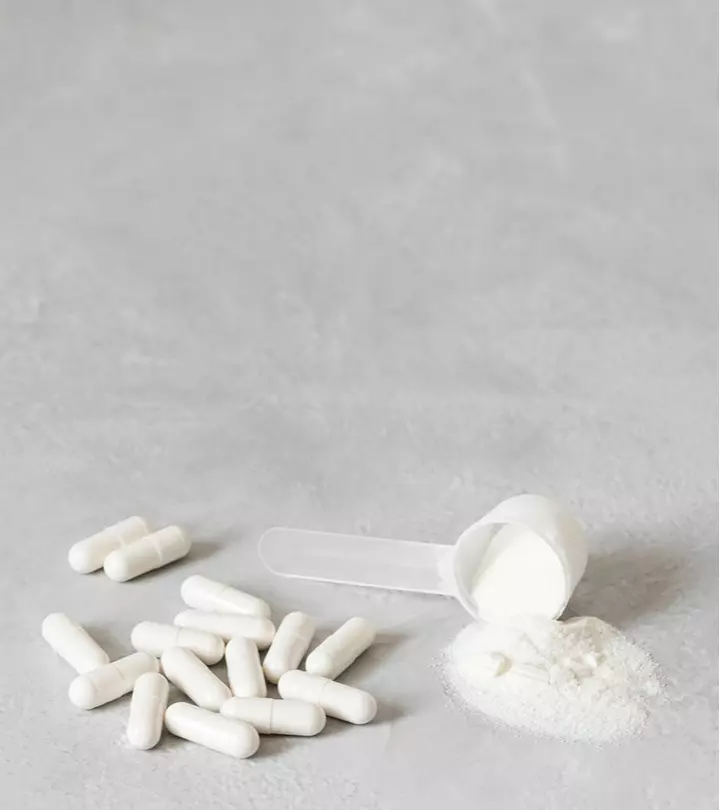
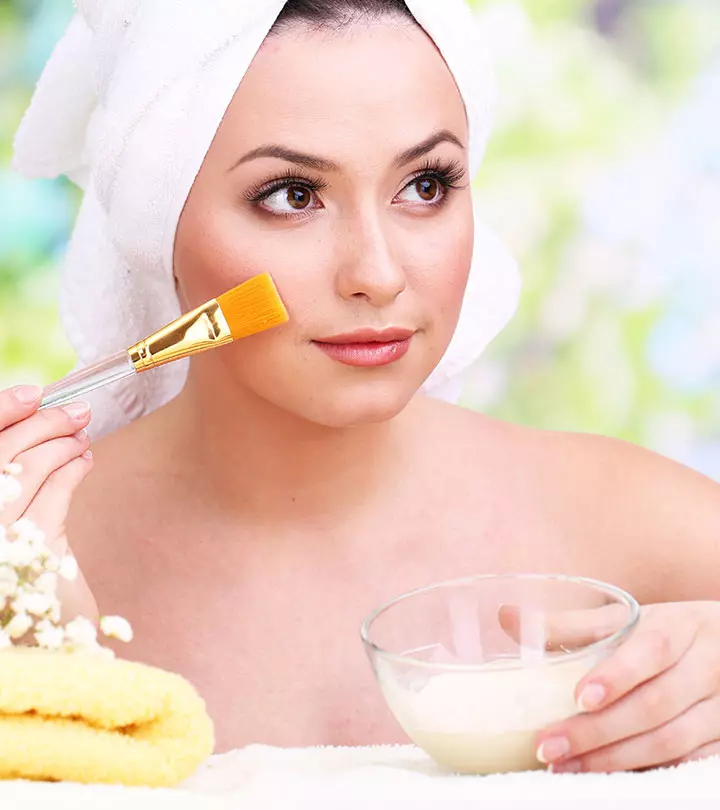
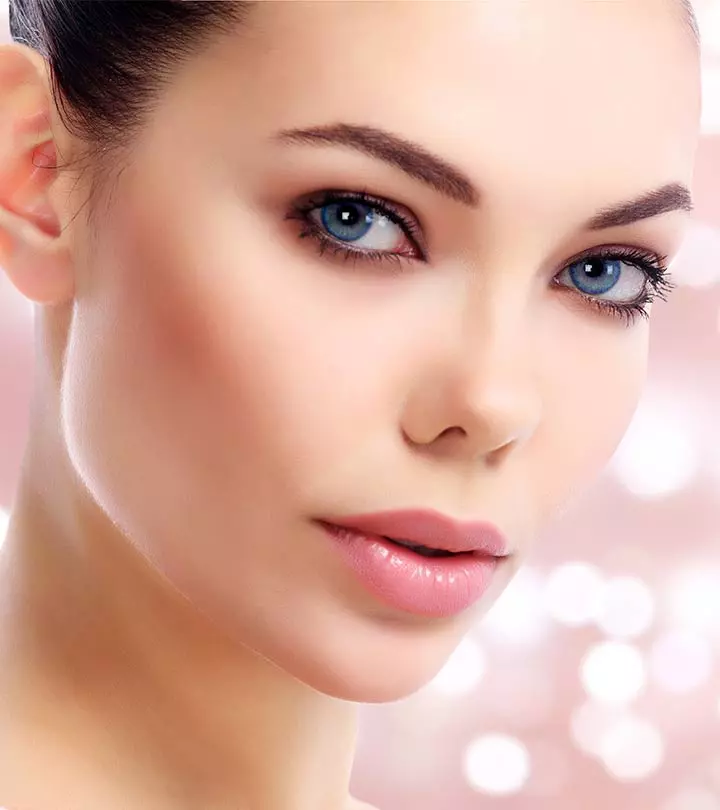

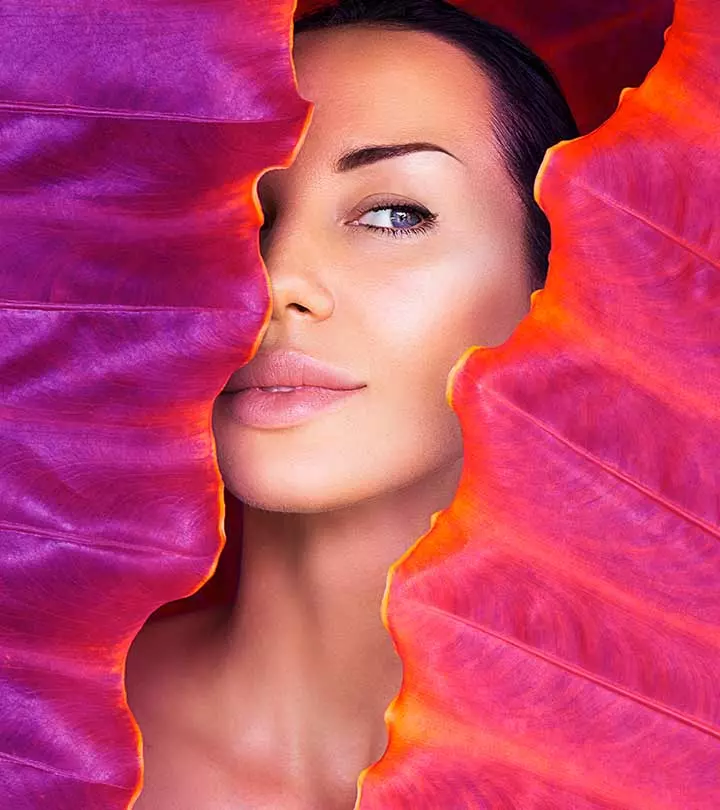

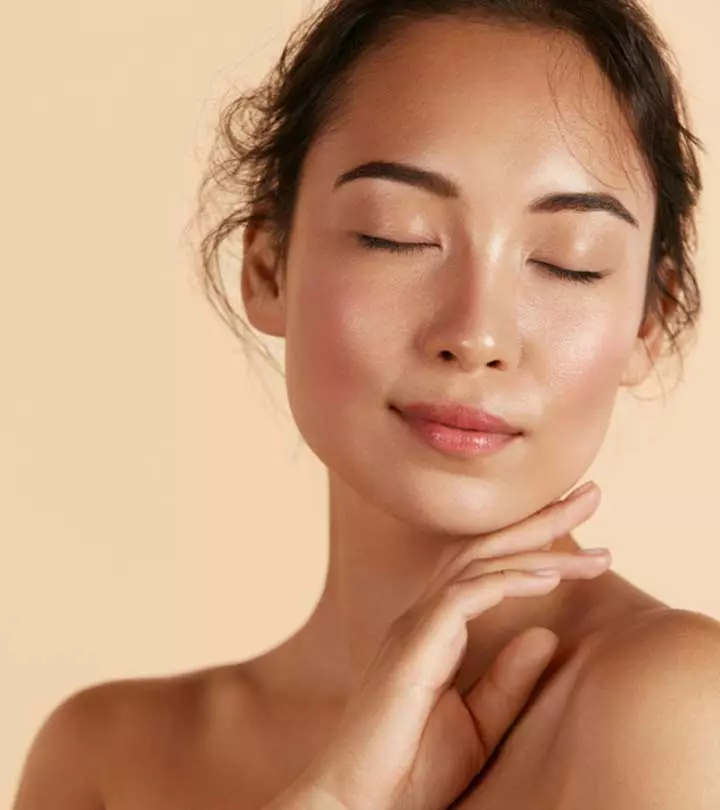
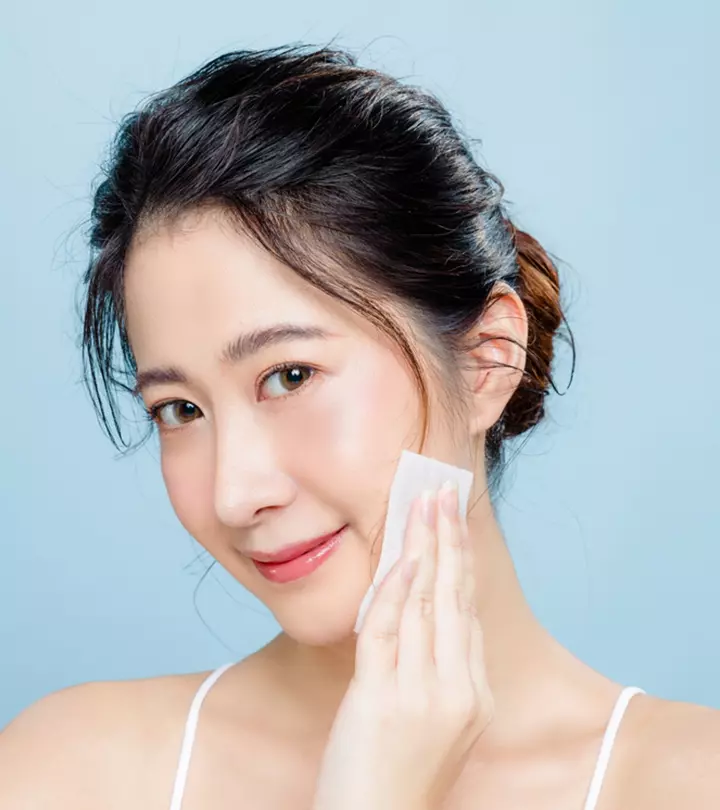


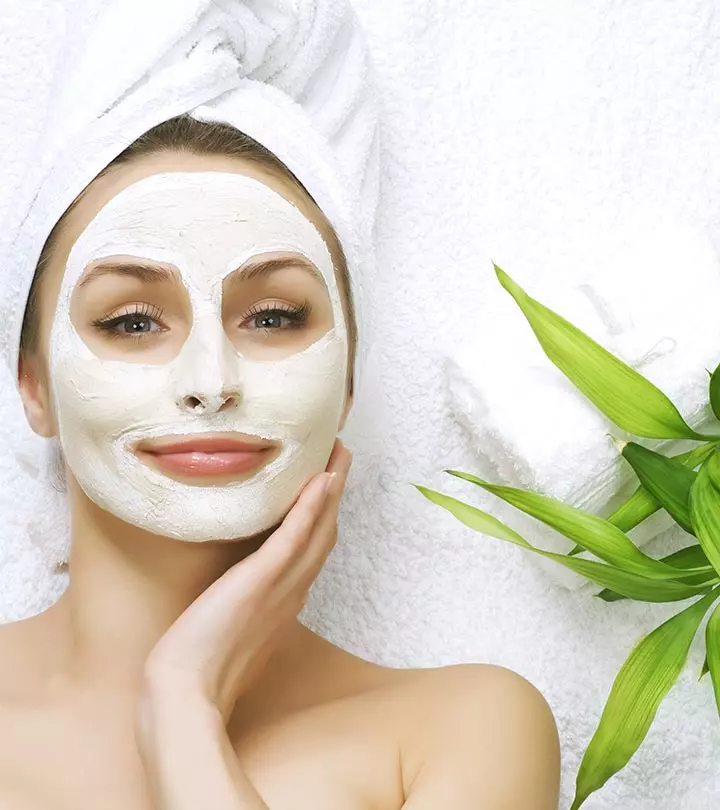
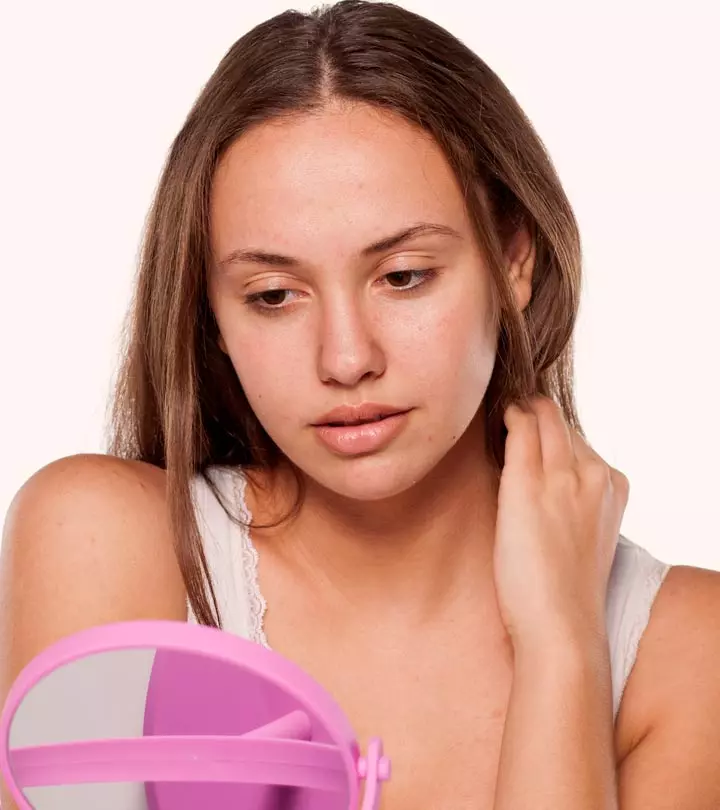


Community Experiences
Join the conversation and become a part of our empowering community! Share your stories, experiences, and insights to connect with other beauty, lifestyle, and health enthusiasts.